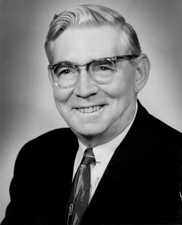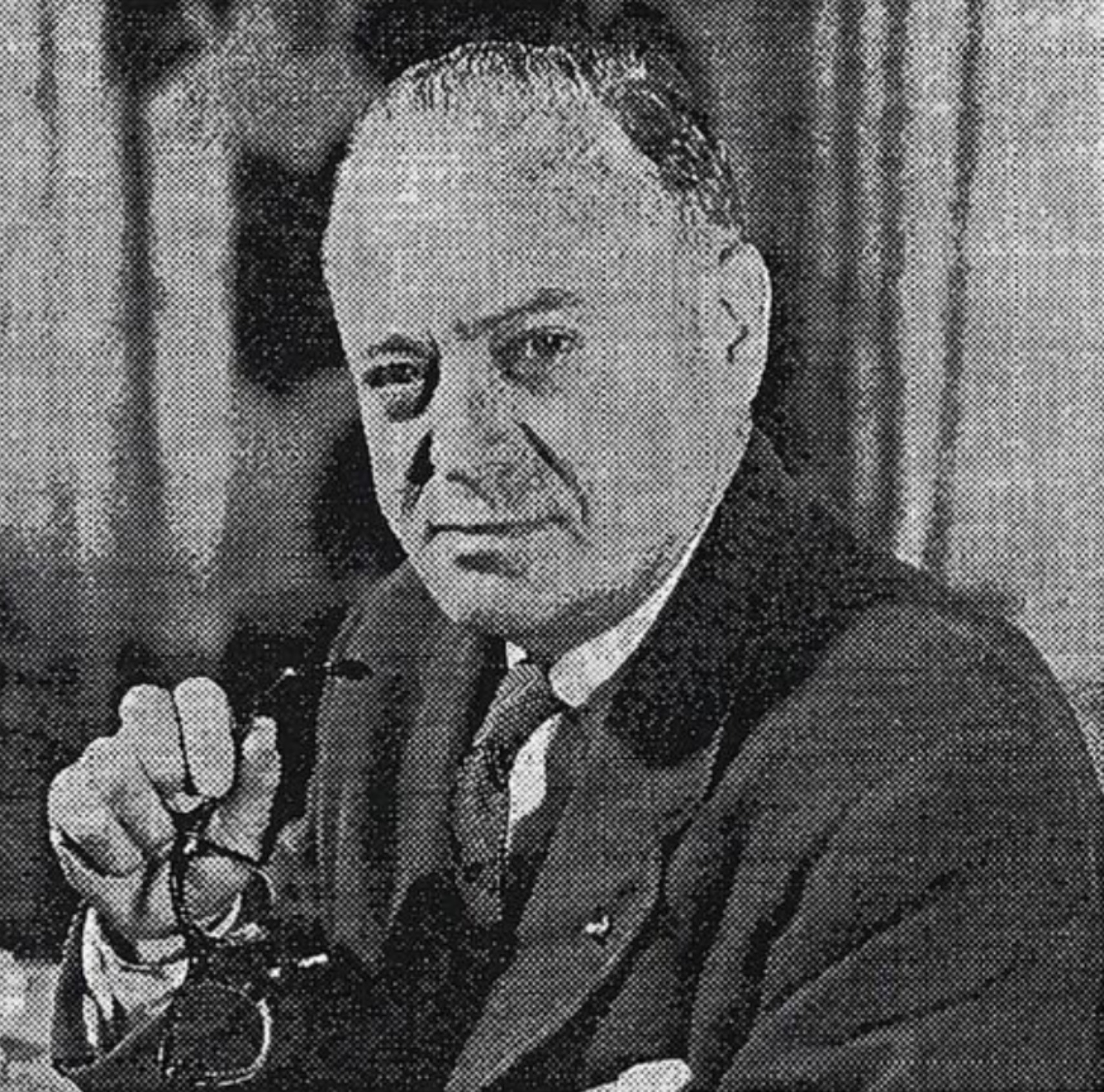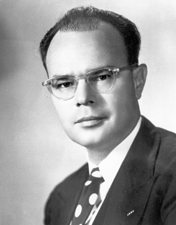
Patrick Vincent McNamara was an American politician. A Democrat, he served as a United States Senator from Michigan from 1955 until his death from a stroke in Bethesda, Maryland in 1966.

Robert Paul Griffin was an American politician. A member of the Republican Party, he represented Michigan in the United States House of Representatives and United States Senate and was a Justice of the Michigan Supreme Court. He co-sponsored the Landrum-Griffin Act, which regulates the internal affairs of labor unions. As a deputy minority leader in the Senate, he called on President Richard Nixon, a fellow Republican, to resign during the Watergate scandal.

The 1978 United States Senate elections in the middle of Democratic President Jimmy Carter's term. Thirteen seats changed hands between parties, resulting in a net gain of three seats for the Republicans. Democrats nevertheless retained a 58–41 majority.

The 1972 United States Senate elections coincided with the landslide re-election of Republican President Richard Nixon. Despite Nixon's landslide victory, Democrats increased their majority by two seats. After the elections, Democrats held 56 seats, and Republicans held 42 seats, with 1 Conservative and 1 independent senator. These were the first elections in which all citizens at least 18 years of age could vote, due to the 1971 passage of the 26th Amendment.

The 1970 United States Senate elections was an election for the United States Senate, taking place in the middle of Richard Nixon's first term as President. The Democrats lost a net of three seats, while the Republicans and the Conservative Party of New York picked up one net seat each, and former Democrat Harry F. Byrd Jr. was re-elected as an independent.

The 1960 United States Senate elections coincided with the election of John F. Kennedy as president on November 8, 1960. A special election was held on June 28, 1960, for a mid-term vacancy in North Dakota. The Republicans gained two seats at the expense of the Democrats. The Democrats nonetheless retained a commanding lead in the Senate with 64 seats to 36. As Majority Leader Lyndon B. Johnson was elected Vice President, Mike Mansfield became the new Majority Leader.

The 1958 United States Senate elections were elections for the United States Senate which occurred in the middle of President Dwight D. Eisenhower's second term.

Gerhard Mennen "Soapy" Williams was an American politician who served as the 41st governor of Michigan, elected in 1948 and serving six two-year terms in office. He later served as Assistant Secretary of State for African Affairs under Presidents John F. Kennedy and Lyndon B. Johnson and as chief justice of the Michigan Supreme Court.

The 1954 United States Senate elections was a midterm election in the first term of Dwight D. Eisenhower's presidency. Eisenhower's Republican party lost a net of two seats to the Democratic opposition. This small change was just enough to give Democrats control of the chamber with the support of an Independent who caucused with them.

The 1952 United States Senate elections was an election for the United States Senate which coincided with the election of Dwight D. Eisenhower to the presidency by a large margin. The Republicans took control of the senate by managing to make a net gain of two seats, which was reduced to one when Wayne Morse (R-OR) became an independent. The Republicans still held a majority after Morse's switch. This election was the second time in history that the party in power lost their majority and the Senate Majority Leader lost his own re-election bid. This was the last time the Senate changed hands in a presidential election year until 1980 and the last time the Republicans won control of the Senate until 1980.

Guy Adrian Vander Jagt was a Republican politician from Michigan. He was a member of the U.S. House of Representatives and Chairman of the National Republican Congressional Committee.

The 1994 United States Senate election in Michigan was held November 8, 1994. Incumbent Democratic U.S. Senator Don Riegle decided to retire and not run for re-election. Republican Spencer Abraham won the open seat, becoming the first Republican to win a U.S. Senate race in Michigan since 1972 and the first republican gain the class I seat senate from Charles E. Potter since 1952. As of 2022, this was the last time the Republicans won a U.S. Senate election in Michigan.

The 1996 United States Senate election in Michigan was held on November 5, 1996. Incumbent Democratic U.S. Senator Carl Levin won re-election to a fourth term.

The 1978 United States Senate election in Michigan was held on November 7, 1978. Incumbent Republican U.S. Senator Robert P. Griffin ran for re-election to a third term, but was defeated by the Democratic candidate, Detroit City Council President Carl Levin.

The 1952 United States Senate election in Michigan was held on November 4, 1952 alongside a special election to the same seat.

The 1936 United States Senate election in Michigan was held on November 3, 1936. Incumbent Republican U.S. Senator James J. Couzens ran for re-election to a third term in office, but was defeated in the Republican primary by Governor Wilber Brucker. Brucker was defeated in the general election by Democratic U.S. Representative Prentiss M. Brown.

The 1954 United States Senate election in Michigan was held on November 2, 1954. Incumbent Republican U.S. Senator Homer S. Ferguson ran for re-election to a third term, but was defeated by the Democratic Detroit Board of Education member Patrick V. McNamara.

The 1966 United States Senate election in New Hampshire took place on November 8, 1966. Incumbent Democratic Senator Thomas J. McIntyre won re-election to a full term, having first been elected in a special election in 1962.

The 1972 United States Senate election in Michigan was held on November 7, 1972. Incumbent Republican U.S. Senator and Senate Minority Whip Robert P. Griffin ran for re-election to a second term, won reelection defeating the Democratic candidate, and Michigan Attorney General Frank J. Kelley. As of 2022, this was the last time that the Republicans have won Michigan’s Class 2 Senate seat, as well as the last time that a member of the party has been re-elected to either of the state’s Senate seats.

















